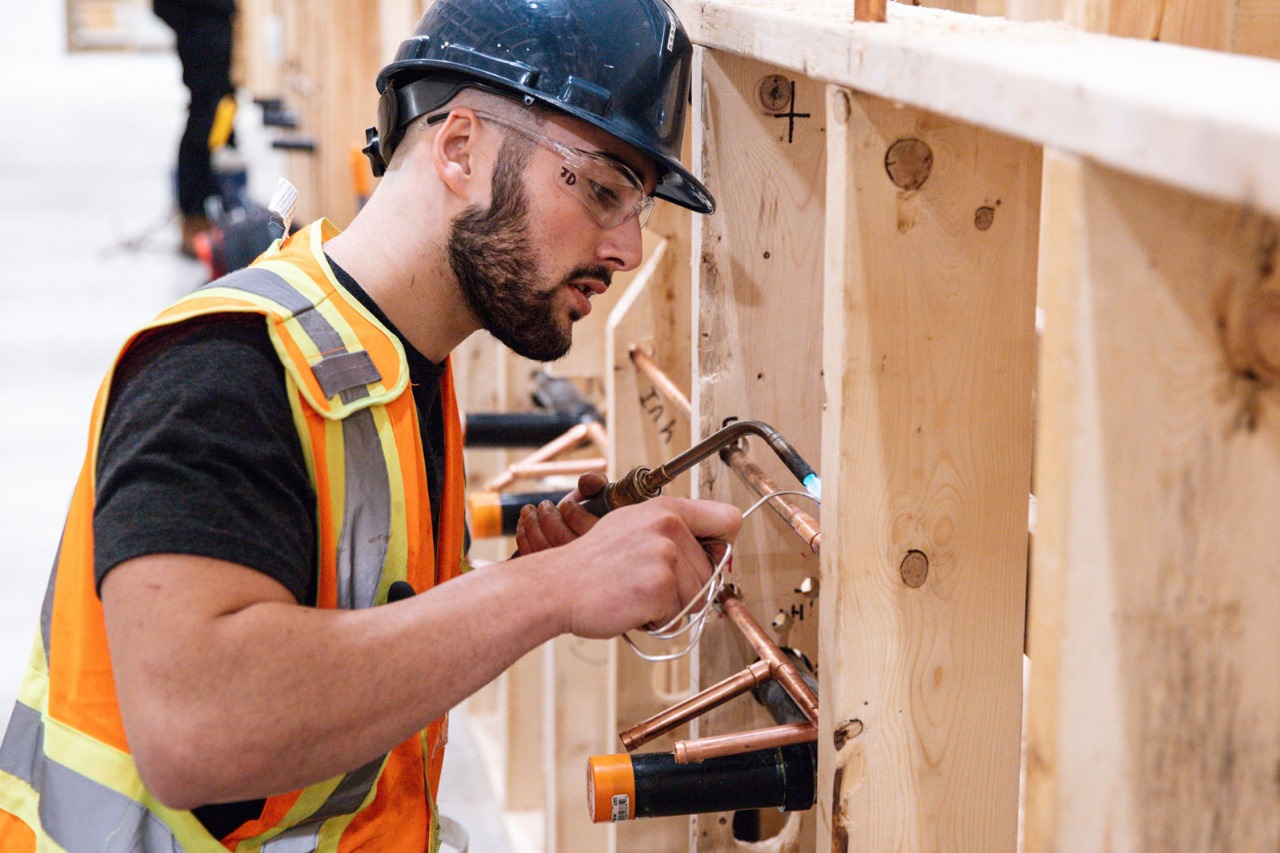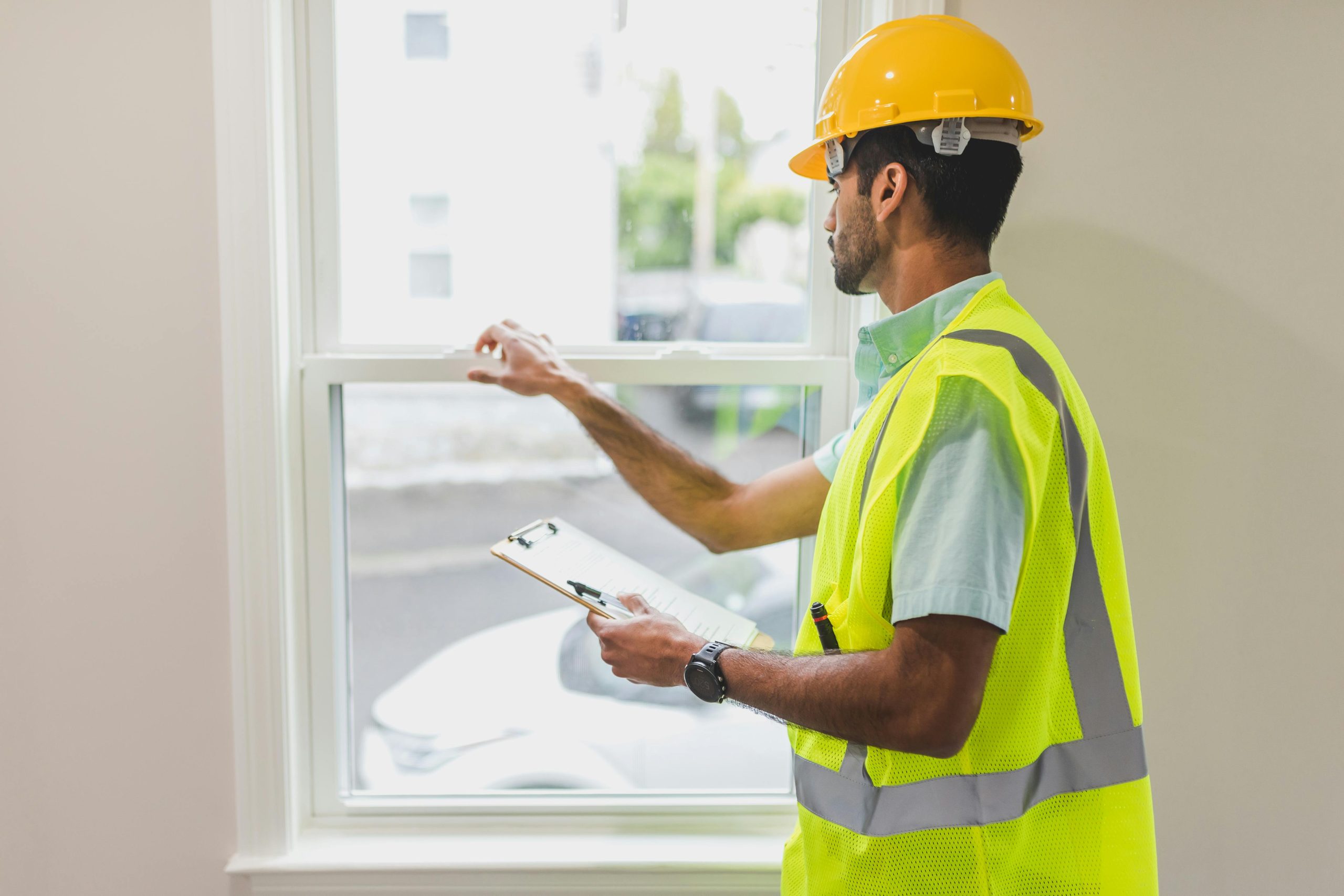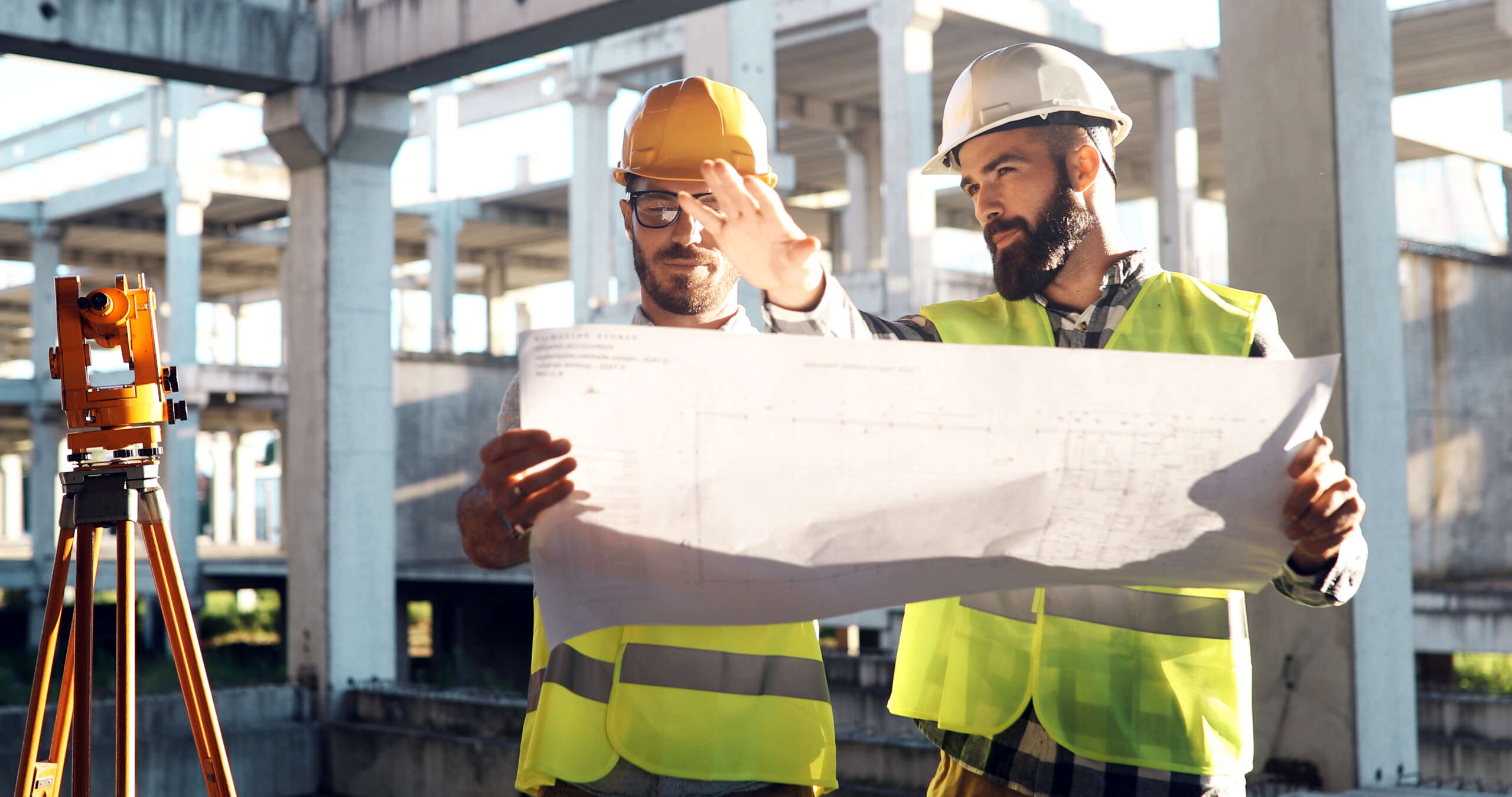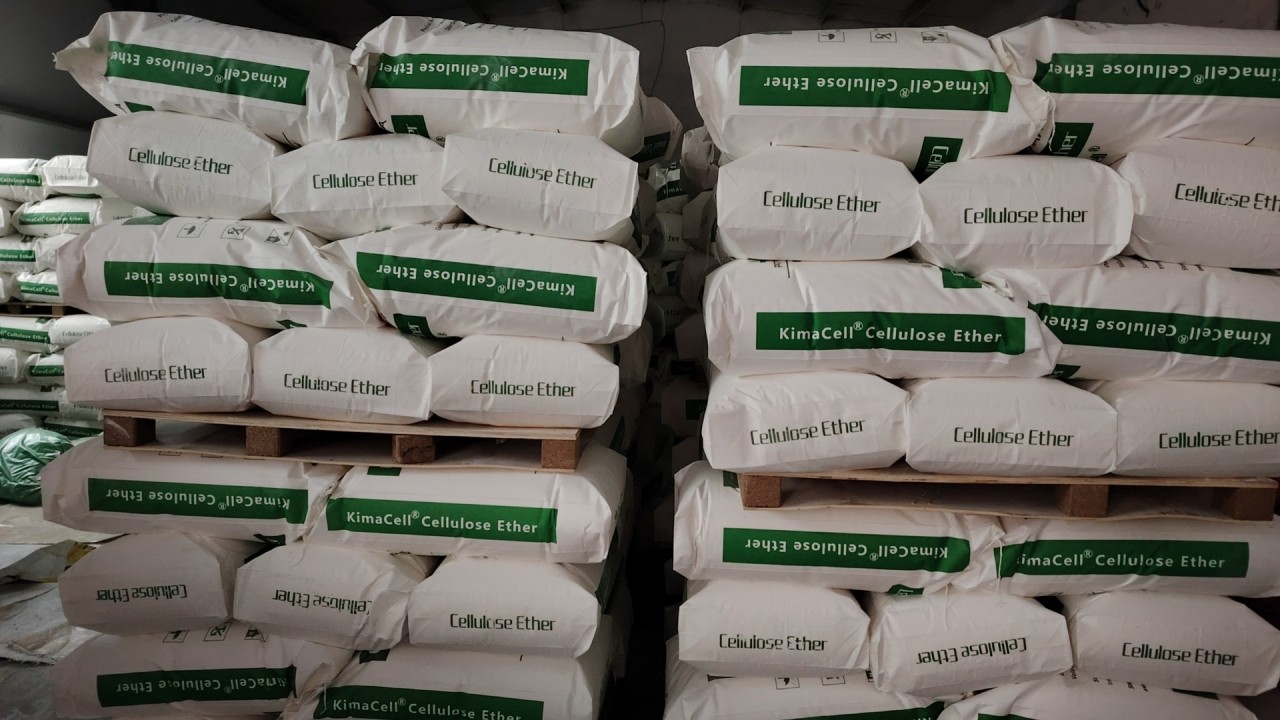Introduction: A New Era for Skilled Labor
As the construction and skilled labor industries continue to evolve, trade schools in Hawaii are emerging as critical drivers of workforce development. These institutions are not only filling the labor gap but also preparing the next generation of professionals with hands-on experience, industry-relevant training, and certification programs tailored to Hawaii’s unique economy. At Associated Builders and Contractors, we recognize the importance of this educational transformation and the role trade schools in Hawaii play in shaping the future.
Why Trade Schools in Hawaii Are Gaining Popularity
Meeting Industry Demands
The demand for skilled labor has skyrocketed across the United States, and Hawaii is no exception. Trade schools in Hawaii are bridging the gap by equipping students with specialized skills in plumbing, electrical work, HVAC, carpentry, and more. With many seasoned professionals retiring, the need for well-trained tradespeople has never been more urgent.
Affordable and Efficient Education
One of the major advantages of trade schools in Hawaii is their affordability compared to traditional four-year universities. These programs often take less time to complete—sometimes just 12 to 24 months—allowing students to enter the workforce quickly and with significantly less student debt.
Top Programs Offered by Trade Schools in Hawaii
Construction and Building Trades
Many trade schools in Hawaii offer programs tailored specifically to the construction industry. These include training in masonry, roofing, heavy equipment operation, and project management—all essential skills for Hawaii’s growing infrastructure projects.
Electrical and HVAC Certifications
With Hawaii’s year-round demand for air conditioning and sustainable energy initiatives, electricians and HVAC technicians are in high demand. Trade schools in Hawaii provide students with both classroom instruction and practical experience, making graduates job-ready from day one.
Marine and Tourism-Related Trades
Given Hawaii’s island geography and robust tourism sector, trade schools in Hawaii also offer unique programs in marine technology, hospitality services, and culinary arts. These specialized trades contribute directly to the state’s economic vitality.
The Economic Impact of Trade Schools in Hawaii
Filling the Skills Gap
Hawaii’s economy depends heavily on skilled trades, especially in construction, renewable energy, and tourism. By producing job-ready graduates, trade schools in Hawaii are directly addressing the shortage of qualified laborers across various sectors.
Supporting Local Communities
Graduates from trade schools in Hawaii tend to stay and work locally, helping to strengthen communities and reduce reliance on out-of-state labor. This localized workforce development is essential for sustainable economic growth and community resilience.
Partnerships Between Industry and Education
Collaborations with Employers
Many trade schools in Hawaii partner with local businesses and contractors to offer apprenticeships, internships, and direct hiring opportunities. These relationships ensure students gain real-world experience and help employers find well-prepared talent.
Government and Union Support
State programs and trade unions often collaborate with trade schools in Hawaii to provide funding, resources, and standardized training. These partnerships enhance program quality and ensure alignment with industry standards.
The Future Outlook for Trade Schools in Hawaii
Embracing Technology and Innovation
As construction and skilled trades evolve, so do the curriculums at trade schools in Hawaii. Modern training includes the use of technology such as CAD software, green building techniques, and safety automation tools, ensuring students are prepared for the future.
Preparing the Next Generation
With a growing interest in alternative education paths, more young people are turning to trade schools in Hawaii for meaningful and lucrative careers. The stigma surrounding vocational education is fading, replaced by recognition of its value and necessity.
Conclusion: Building Hawaii’s Future with Skilled Labor
Trade schools in Hawaii are more than just educational institutions—they are catalysts for economic development, innovation, and community empowerment. As the demand for skilled labor continues to rise, these schools offer a practical, affordable, and forward-thinking solution. At Associated Builders and Contractors, we believe that investing in trade schools in Hawaii is investing in Hawaii’s future. From construction to marine technology, these programs are laying the foundation for a skilled, resilient, and prosperous workforce.




